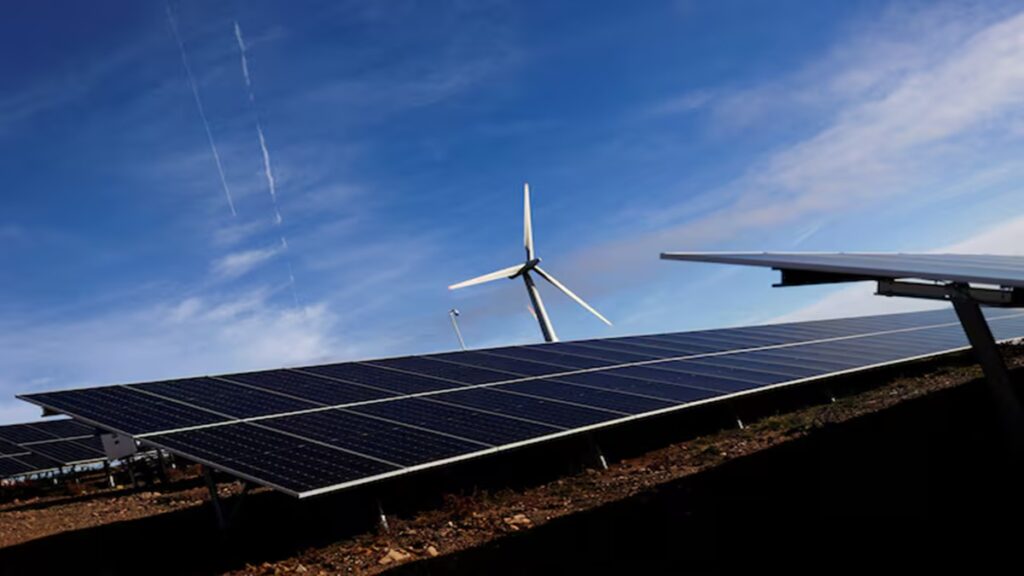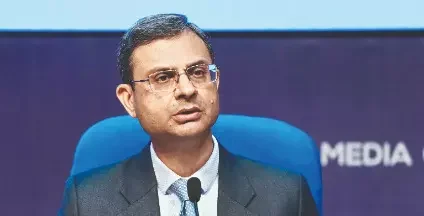NEW DELHI/MUMBAI: An immediate fallout of the US’s bribery charges against Adani group would be a slowing of the pace of its massive renewable energy (RE) ventures, and a delay in start of cash flows from the power supply contracts that looked lucrative and but have now come under a cloud.
The latest developments could also have potential adverse implications for capital mobilisation and stymie the $100 billion investment plan outlined by the group for “green transition and transport” by 2030.
At stake is mainly the long-term power purchase agreement (PPA) for 8,000 MW (8 GW) signed by Adani Green Energy Ltd (AGEL), with Andhra Pradesh discoms in 2023-24. AGEL, the flagship RE company of the now-diversified group, had won manufacturing-linked solar tender for this capacity from state-run Solar Energy Corporation of India (SECI) way back in June 2020 via auction route. This was the largest PPA signed by the group for RE and dwarfed all previous contracts (see chart). The fixed tariff for the 8GW PPA was Rs 2.92 per kWh for a period of 25 years.
SECI declined to comment on whether it would cancel the PPA, adding that no formal documentation has been received by it. Speaking to a TV channel, SECI’s chairman and managing director, RP Gupta said there was “no basis to probe anything at this point,” and noted that SECI wasn’t facing any allegations. He, however, refused to comment on the veracity or correctness of the charges levied by the American court order against Andhra Pradesh and other state governments named in the US court filings.
The ministry of new and renewable energy declined to comment on the developments.
According to the US court filings, following the promise of bribes to Indian government officials, in or about and between July 2021 and February 2022, discoms of Odisha, Jammu and Kashmir, Tamil Nadu, Chhattisgarh and Andhra Pradesh entered into Power Sale Agreements (PSAs) with SECI under the manufacturing-lLinked project. Andhra Pradesh’s electricity distribution companies entered into a PSA with SECI on or about December 1, 2021, pursuant to which the state agreed to purchase approximately 7 GW of solar power, by far the largest amount of any Indian state or region, it said.
AGEL, which develops, builds, owns, operates and maintains utility-scale grid-connected solar and wind farm projects aims to add 50 GW of renewable energy capacity by FY30. The company had won several contracts from state-owned SECI including the largest solar project of 8 GW.
Other notable projects awarded to the conglomerate by SECI includes a 300 MW wind power project and a 198.5 MW electrolyser manufacturing capacity under the government’s Production Linked Incentive scheme for green hydrogen with an incentive of Rs 293.78 crore in 2023.
Adani group’s green energy investment plans includes building Integrated Green Hydrogen Ecosystem encompassing three gigafactories to develop 10 GW solar panels, 5 GW wind turbines and 5 GW hydrogen electrolysers.
Azure Power, the other company named in the alleged bribery scheme by the US agencies, had also won bids for building 4 GW of solar projects. It, too, executed PPAs with SECI for its first 150 MW solar-wind hybrid project, and the first wind project of 120 MW in FY23.
AGEL is also developing the world’s largest RE plant of 30 GW in Khavda, Gujarat, which is touted to be a blueprint for ultra large scale RE development globally.
To be sure, 93% of AGEL’s portfolio in FY24 has executed PPAs with sovereign counter parties such as SECI, NTPC, NHPC, and state discoms.
SECI, the implementing agency for the development of solar and other renewable energy projects in the country releases tenders for selection of RE developers for establishment of solar projects.
The selection process for successful bidders is conducted through a tariff-based competitive e-bidding procedure. Once selected, SECI enters into a 25-year PPA with the chosen bidders for the procurement of power from these solar projects. Further, SECI establishes back-to-back 25-year PSA with discoms or buying entities for sale of the procured power.
In FY24, SECI tendered a total capacity of 20.11 GW including all solar and non-solar segments, it said. Going ahead, the agency expects most of the solar capacity addition is to happen through hybrid or blended RE tenders.
Source: The Financial Express


 Private Banks Seek Reduction In Mudra Targets
Private Banks Seek Reduction In Mudra Targets 